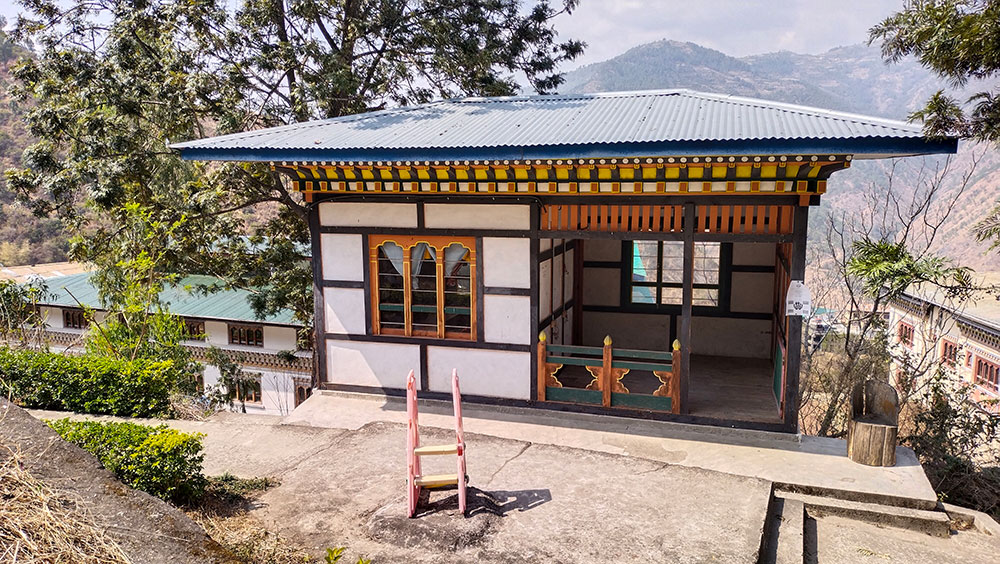Neten Dorji
Trashigang — In an effort to support survivors of violence and gender-based violence (GBV) in Trashigang, RENEW has opened a community service centre in Trashigang town.
The centre, spearheaded by manager Tashi Dendup, will serve as a hub for delivering essential services, including GBV case management and referrals to specialised support services.
Tashi Dendup said the centre’s multifaceted approach, which encompasses psychosocial support, recreational and skills development activities, as well as information and awareness campaigns tailored to survivors’ needs. Notably, the centre will adopt a survivor-centric approach and extend its services to male survivors as well.
Since its establishment two months ago, the centre has already attended to six cases of domestic violence, predominantly involving women from rural areas.
Case manager Nidup Zangmo said that most cases are reported by the Royal Bhutan Police and various stakeholders, predominantly revolving around economic-based and emotional violence.
Nidup Zangmo stressed that while women comprise the majority of victims, societal stigma often leads men to suffer in silence.
In response to the urgent need for shelter, the centre has temporarily arranged accommodations for survivors, with plans to refer severe cases to the Gawaling Happy Home in Thimphu.
Gender-based violence against women and girls remains a pressing social issue in Bhutan, adversely affecting health, well-being, productivity, and overall development.
To address this, the centre aims to expand its reach by providing sexual and reproductive health and rights (SRHR) education across all 15 gewogs in collaboration with local leaders.
While awareness initiatives have contributed to a decrease in domestic violence and GBV cases, cultural acceptance often silences victims, particularly due to economic dependency on spouses. RENEW volunteers, alongside community-based volunteers, conduct awareness programs in villages to encourage reporting of cases.
However, volunteers face challenges due to misconceptions, with some community members fearing intervention may lead to marital separation or penalties.
Despite these obstacles, nine community-based volunteers in the dzongkhag continue their crucial work in promoting general awareness and fostering positive social behaviours within their communities.
Meanwhile, the centre was established with support from UNICEF.


